What is Europe doing to support cycling?
Promoting bicycle use in Europe. Numbers and examples.
Bicycle usage numbers are on the rise across Europe.
A European vision for cycling
On April 3, 2024, the European Declaration Cycling was signed with the objetive of moving towards a more sustainable future. This declaration recognizes bicycles as an accessible, inclusive, economical, and health-enhancing mode of transportation, with significant added value for the EU economy. The declaration outlines commitments to boost bicycle use, including:
- Safer and more interoperable cycling networks;
- Increased charging points for electric bicycles;
- Expanding cycle routes connecting urban and rural areas.
Additionally, the Pan-European Master Plan for Cycling Promotion, adopted in 2021, recommends reallocating space for cyclists and pedestrians, improving cycling infrastructure, enhancing cyclist and pedestrian safety, integrating cycling into health policies, and urban and transportation planning.
The New EU Framework for Urban Mobility (2021) proposes:
- Strengthering urban transport nodes TEN-T;
- Enhancing sustainable urban mobility plans (SUMPs) and mobility management plans;
- Monitoring progress through sustainable urban mobility indicators;
- Attractive public transport services with a multimodal approach and digitalization;
- Prioritizing healthy and safe mobility, including walking, cycling, and micromobility;
- Zero-emission last-mile urban freight logistics and deliveries;
- Digitalization, innovation and new mobility services.
Mobility must be safe, accessible, inclusive, smart, resilient and emissions-free and based on active, collective and shared mobility.
The European Commission’s 2020 Sustainable and Smart Mobility Strategy sets the course towards green, smart and affordable mobility and lays the foundations for a European Union transport system capable of delivering its green and digital transformation and becoming more resilient to future crises.
Education for Cycling Mobility
The SUAVA – Universal Active Life Support System aims to contribute to the Sustainable Development Goals by creating active societies, systems, environments and individuals.
The Portuguese Institute of Sport and Youth, in partnership with the Directorate-General for Education, will distribute approximately, 17 800 bicycles to 863 primary schools (2nd cycle) by the end of 2024. This effort is support by the Recovery and Resilience Plan, with an investment of around €2.8 million.
Within the scope of the measure «Developing a national framework for teaching cycling», from the National Strategy for Active Cycling Mobility, the Directorate-General for Education has developed the Support Manual for Teachers and Qualified Technicians to serves as a pedagogical support for projects such as “School Sports on Wheels” and “Cycling Goes to School”.
The «Pedal! From School to Life» created with input from invited experts and various entities, aims to support teaching and training the skills associated with bicycle use. The ability to ride a bicycle has significant instrumental, ecological, and economic value, making it essential for children and young people to develop these competencies.
Cycle tourism
The National Strategy for Cycling Active Mobility estimates that there are 2.2 billion bicycle tourism trips in the European Union, tresulting in 20 million stays and an economic impact of €44 billion per year. These figures are based on a 2012 study commissioned by the European Parliament.
Data from the EuroVelo initiative, launched by the European Cyclists’ Federation, estimates that in 2022, Portugal alone generated €440 million in revenue from cycling tourism, including stays and food.
The enormous potential that Portugal presents to become an excellent destination for leisure walking and cycling is materialized in the Portuguese Trails national project, which aims to promote Portugal as a «Cycling and Walking» destination among national and international tourists. This project, promoted by Turismo de Portugal, already has more than 14 200 km in more than 400 cycle and pedestrian routes, along which 194 different tourist programs are offered, and is developed in partnership with local, regional and national and tourist companies. All of these routes are available on the platform www.portuguesetrails.com.



